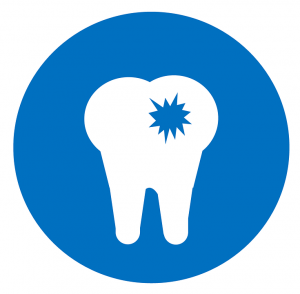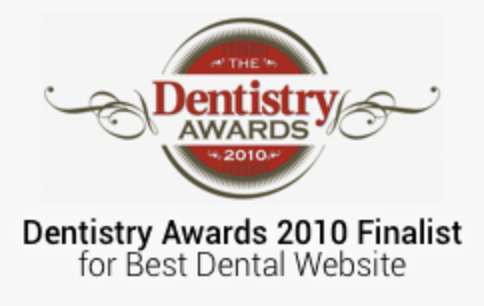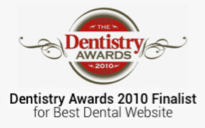As we age our bodies change, and this is true for our teeth and gums, too! Not only that, but the everyday wear and tear of life can take a toll on your teeth. Here are three tips on what to expect and how to maintain oral health as you grow in years and wisdom:
- Take it easy … reduce the wear and tear on your teeth
Teeth are very strong and this is still true as you age, however, like all things they can be worn down. A lifetime of use chewing, grinding, biting, and tearing cause your teeth to wear down over time. To help combat this, be conscious of the stress you are putting on your teeth and when possible cut down on chewing hard foods or ice that can cause damage. - Attack dry mouth
As you age you may experience dry mouth caused by a reduced flow of saliva. Saliva is important to lubricate your mouth, wash foods away, and combat acids produced by plaque. The easiest way to combat dry mouth is to drink more water. You can also suck sugarless candy or chewing gum. - Keep an eye out for changes in your mouth
Keep a diligent eye on your mouth and oral health looking for changes including pain and bleeding as well as changes to your tooth color, and gums and speak with your dentist about it.
To discuss any of your dental concerns or questions, email us at info@lifestyledental.co.uk , or call us on 01772 717316.
Cavities are not child’s play! Here are 5 truths about cavities you should know 🙂

- Tooth decay can be caused by exposure to acidic foods
Acids in the foods you eat and drink can cause your tooth enamel to wear away, weakening your teeth and ultimately lead to tooth decay. - Cavities happen without the presence of pain
The truth is if you have pain it is because you have advanced damage affecting your nerve. Visit with your dentist every 6 months in order to maintain oral health and identify mild tooth decay before it gets worse leading to pain and more intensive treatment plans. - Sensitive teeth is not always a sign of decay
If you have sensitive teeth it could be a sign of decay, but that is not always the case. You could have hypersensitive teeth or various other causes which lead to sensitivity. - Small spaces and gaps in your teeth encourage cavities
Smaller gaps in your teeth are harder to clean and therefore are more susceptible to tooth decay. - Oral hygiene is the best way to prevent cavities
That’s right, brushing and flossing is the best way to prevent cavities! Brush at least twice a day with a fluoridated toothpaste to help prevent cavities.
If you have any concerns about your oral health, make a visit with your dentist right away. To discuss any of your dental concerns or questions, email us at info@lifestyledental.co.uk , or call us on 01772 717316.
What is tooth wear?
well tooth wear can be the enamel on the teeth getting worn away due to teeth being ground down either by grinding the teeth or by an acidic diet. Tooth wear is different to decay in that the way it develops and also the symptoms it presents.
So how do you know if you have tooth wear ?
here are a few signs
If you grind your teeth either at night
if you being to notice the teeth getting shorter or some teeth in one side getting shorter than the others
if you find some soreness in your muscles in the side of your face in the mornings, which is a indication that your grinding your teeth at night.
If your teeth are getting sensitive to cold or are breaking away
in the next blog post we will discuss what can be done to help if you have worn your teeth down if in the meantime you need further help or advice please give us a call on 01772 717316 or email us on info@lifestyledental.co.uk
Do you find yourself habitually grinding your teeth together or clenching your jaw as if biting?
Does your partener say you grind your teeth while asleep?
What does this mean ?
The habitual grinding of teeth—known as bruxism—is caused by three main factors,
Most people who have this problem simply are using their teeth to vent their stress. Others have a dislocated jaw joint that causes the jaw muscle to go into painful spasm.
.
Tooth grinding may seem like a minor annoyance, but it’s important to get treatment. At the very least, habitual gnashing and clenching will give you sore jaws,
As you continue to grind, you may dislocate or even damage the jaw joint and give yourself headaches, neck or shoulder pain and ringing in the ears. And you almost certainly will loosen your teeth and wear away their chewing surfaces. If you grind down your teeth, you can throw your whole jaw out and your teeth won’t align properly.
More and More people are becoming aware of teeth being worn away or becoming sensitive as a result of an acidic diet
It is known that acidic beverages like sodas and citric juices like grapefruit and orange juice can damage teeth.
1, identify the source of erosion, possibly with the help of a dental professional this may intake keeping a diet sheet for a few days and then having this examined by a dental professional who can study this for patterns and certain products which are causing the damage.
2, Then steps can be taken to control and prevent further damage.
3, Reducing consumption of the suspected food or beverage to the absolute minimum.
websites that can help on this include the british dental health foundation and colgates website









